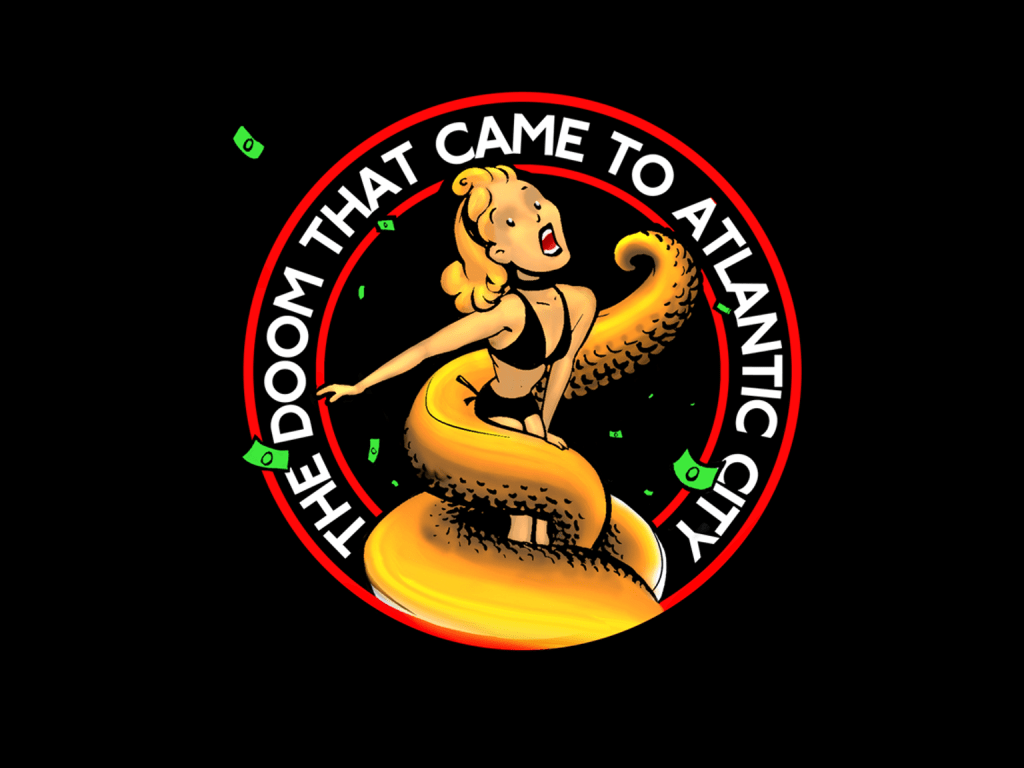The Federal Trade Commission just posted some fascinating details regarding a settlement related to a failed crowdfunded project. The project, a board game called The Doom That Came to Atlantic City, raised $122,874 and failed to deliver. The creators, Lee Moyer and Keith Baker, had planned to manufacture and ship the Cthulhu-themed board game in 2013 but their manufacturer, Erik Chevalier of Forking Path, was unable to complete the project. Chevalier is accused of failing to refund the money and spending “most of the money on unrelated personal expenses such as rent, moving himself to Oregon, personal equipment, and licenses for a different project.”
The settlement requires Chevalier to pay back the $111,793.71 given him by the funders when and if his “financial condition” improves. Writes the FTC:
The FTC even took to Twitter to talk about the case, noting that details of the case are secret (“Details of FTC investigations are nonpublic so can’t discuss specifics. #AskFTC “) but that they expect crowdfunded project managers to treat customers fairly.
#Crowdfunding platforms have a responsibility to act fairly & non-deceptively. #AskFTC https://t.co/UlYH7dPE0v
— FTC (@FTC) June 11, 2015
We have tips for consumers to avoid #crowdfunding #scams in our blog post: http://t.co/44Wk6X5Qew #AskFTC https://t.co/YWiBXH8piP
— FTC (@FTC) June 11, 2015
This move sets a very interesting precedent in the world of crowdfunding. Now that the FTC can step in and negotiate settlements with creators it should give scammers pause and non-serious project builders even bigger cause for concern. While a little over $100,000 is chicken feed in comparison to the numbers the FTC traditionally deals with, it still shows that the organization has its eye on the many failed promises that can be found on Indiegogo and Kickstarter.
The FTC made it clear that this settlement was about false promises by a the producer and is not directly related to the process of crowdfunding or Kickstarter itself. That said, it does show us who the government will tend to blame when and if the next major campaign fizzles out.
This case focuses on the project creator not making false promises to consumers. #AskFTC https://t.co/fJgWzEghsh
— FTC (@FTC) June 11, 2015

